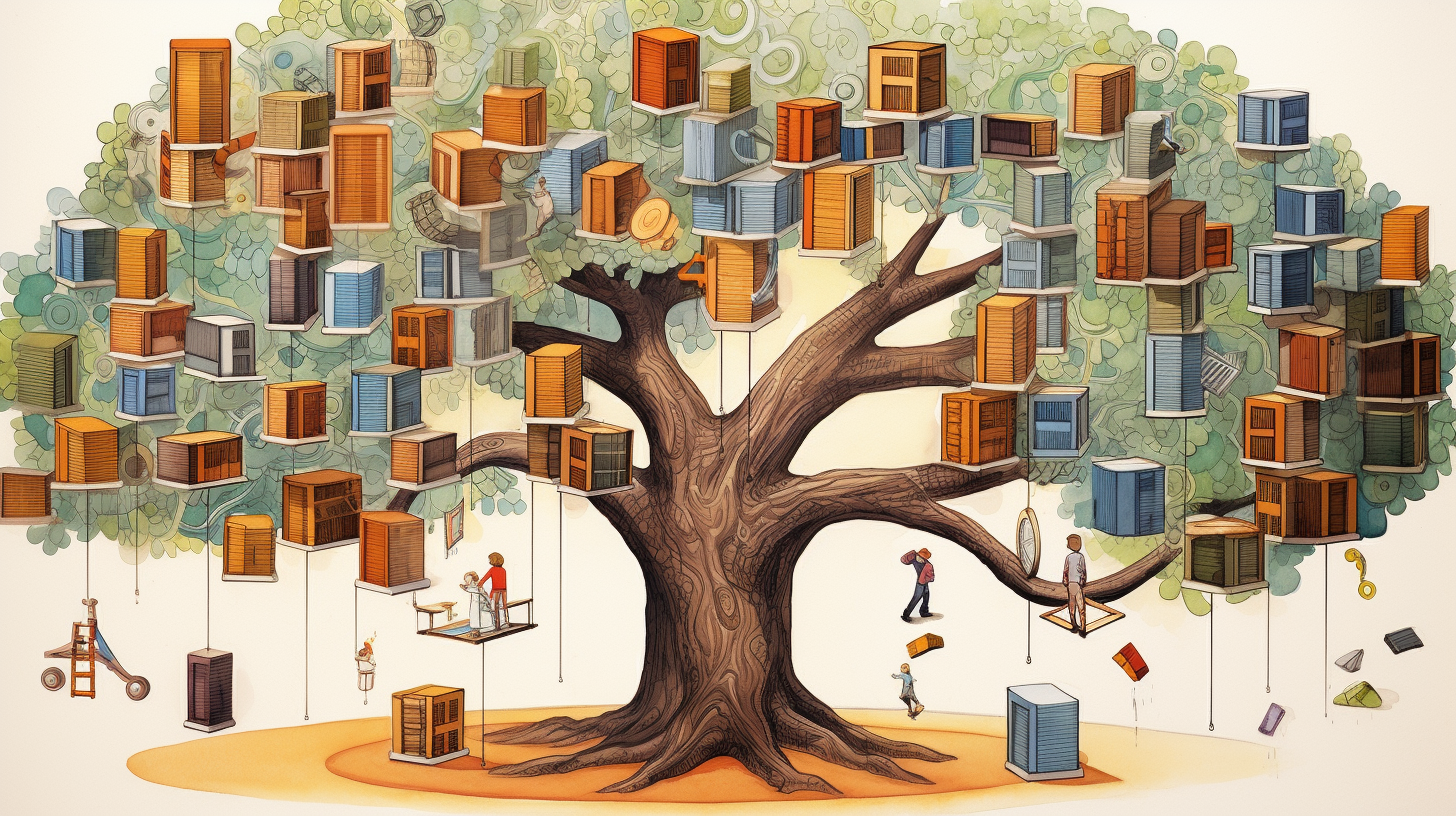Imagine a world where your academic achievements, from kindergarten crayon drawings to postgraduate theses, are securely and indelibly recorded on a universal and accessible ledger. This isn’t just a pipe dream; it’s a burgeoning reality in our cryptocurrency-fueled economy. The promise of education blockchains resonates with the transformative echoes of change. But is it the herald of a new educational era or just a flash in the proverbial pan?
With the ascent of smart cities, we’ve witnessed the nascent integration of blockchain technology in education. Pupils and professors alike have begun to see grades and certificates as more than mere paper—they’re digital badges of honor, securely nestled in the immutable embrace of the blockchain. But let’s not chortle too soon in self-congratulation; while the digitalization of education records is well underway, the concept of a Universal Learning Ledger (ULL) is an audacious leap forward.
The benefits are straightforward, yet staggering. The ULL would be an educational passport, recognizing and showcasing every individual’s learning journey. No longer would transcripts be bogged down by bureaucratic mire. Instead, they would flow freely and instantly between institutions, employers, and learners. But it’s not just the logistics; it’s the liberation of knowledge itself. The Decentralized Education Resources Platforms (DERPs) could democratize education, enabling unfettered access to peer-to-peer learning, thereby dismantling traditional gatekeepers.
Interoperability is the cornerstone of this towering edifice. Imagine universities across the globe, regardless of their geographical or economic standing, operating on a shared platform. This isn’t just about storing grades; it’s about enabling a student in a remote village to access a Harvard lecture, contribute to international research, or even aid a fellow learner across the world. The egalitarian ethos of cryptocurrency nests perfectly within such a system, where the currency of trade is knowledge itself.
However, we must remain vigilant. The ghost of the digital divide looms ominously. As we integrate technology even further into our lives, we must ensure that the socio-economically disenfranchised aren’t left in the educational dust. With Internet access yet to become universal, the ULL could exacerbate inequalities if not implemented with equitable foresight.
Then comes the behemoth of privacy concerns. In a ledger where every brushstroke and keystroke could be recorded for posterity, the question of ‘who has access?’ bares its glistening fangs. Balancing transparency with privacy will be a high-wire act that demands the deft touch of nuanced governance.
The use of smart contracts in education, a topic broached in our previous articles, supports the automation of trust in these processes. It encourages a meritocratic structure where accomplishments are immediately recognized and rewarded without the time lapse of manual verification. However, such automation needs to be foolproof to prevent any compromise in the credentials of the learners.
Micro-credentials and digital badges carry the potential to revolutionize our perception of education. Instead of nebulous years spent in academia, individuals can accrue precise, skill-specific recognition that better suits a dynamic job market. It challenges the very notion of traditional degrees and heralds an age of perpetual learning, where one’s educational timeline is both infinite and infinitely accessible.
The potential of the ULL in a crypto-only society is monumental. It could transform the landscape of learning into a contiguous realm of opportunity. But, as with all great innovations, the road will be arduous, peppered with technical, ethical, and sociopolitical quandaries waiting to be unraveled.
The burning question remains: Are we on the cusp of an educational renaissance where blockchain underpins a new epoch of learning, or will these notions dissolve into the dusty annals of ‘could have been’? As we continue to probe the functionalities and ramifications of a Universal Learning Ledger, we must not lose sight of the broader implications on society and the very fabric of knowledge acquisition and dissemination.
One thing is certain—the dialogue on education blockchains is far from over. This article, a speculative and analytical odyssey, prods at the consciences and curiosities of readers. From discussions about digital divides to debates on credentials, the exploration of these socio-economic dynamics within education blockchains is ever-rippling. We may well be witnessing the nascent stages of an educational overhaul, but only time will tell if the blockchain will be its cornerstone or just a stepping-stone.
